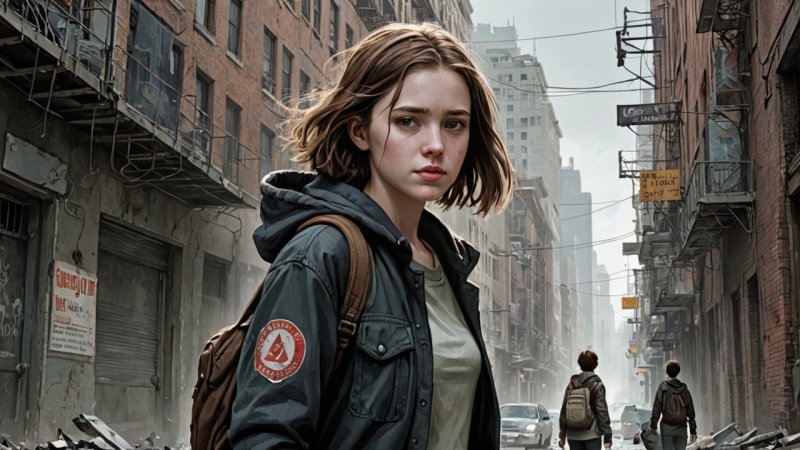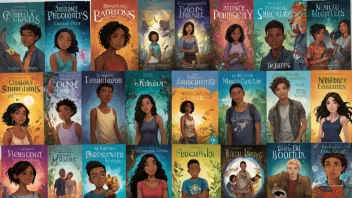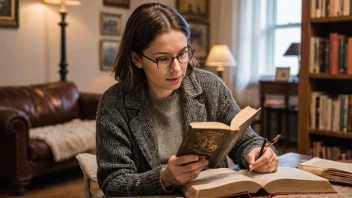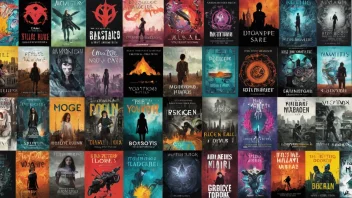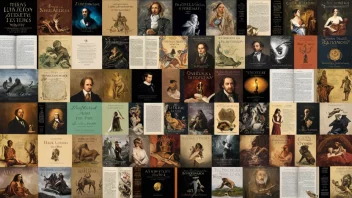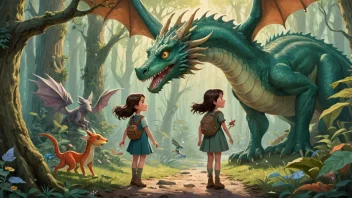Dystopian young adult literature has emerged as a powerful genre, resonating with readers through its portrayal of oppressive societies and the fight for freedom. These narratives often reflect contemporary issues, making them relevant and thought-provoking. Here are some of the best dystopian YA series that have captivated audiences and sparked important discussions.
First, we can’t overlook "The Selection" series by Kiera Cass. Set in a future where social status is determined by a rigid caste system, the story follows America Singer, a girl chosen to participate in a competition to win the heart of Prince Maxon. This series cleverly intertwines romance and societal critique, exploring themes of class division and personal choice. Readers are drawn into a world where love, loyalty, and sacrifice play a pivotal role in shaping the future.
"The Lunar Chronicles" by Marissa Meyer is another standout in the dystopian genre, combining fairy tale retellings with science fiction elements. Each book introduces a new character inspired by classic tales, from Cinderella to Red Riding Hood, set against the backdrop of a future Earth plagued by disease and political conflict. These stories tackle themes of identity, empowerment, and the consequences of technological advancement. Meyer’s imaginative world-building and diverse characters create a rich reading experience that encourages readers to reflect on their own values.
The "Chaos Walking" trilogy by Patrick Ness is also noteworthy for its unique premise and complex themes. Set in a dystopian world where all women have been eradicated, the story follows Todd, a boy who can hear everyone’s thoughts. Through Todd’s journey, Ness explores the nature of power, masculinity, and the consequences of violence. This series captivates readers with its raw emotion and thought-provoking messages about humanity and morality.
Another series that has made waves is "Shatter Me" by Tahereh Mafi. This story follows Juliette, a girl with a lethal touch, trapped in a dystopian world where her powers are feared. As she struggles with her identity and the consequences of her abilities, readers are treated to a compelling exploration of self-acceptance and the struggle against oppression. Mafi’s poetic writing style and vivid imagery draw readers into Juliette’s emotional journey, making it a memorable addition to the genre.
Lastly, we have "The 100" series by Kass Morgan, which begins with a group of juvenile delinquents sent back to Earth after a nuclear apocalypse. As they navigate their new reality, they must confront the challenges of survival and the complexities of human relationships. Morgan’s exploration of morality, leadership, and the consequences of past actions prompts readers to reflect on the importance of community and the bonds that hold us together.
In conclusion, the best dystopian YA series not only entertain but also encourage critical thinking about societal issues. These narratives compel readers to question authority, consider the implications of technology, and reflect on their own roles within society. As you explore these captivating series, you may find yourself inspired to engage with the world around you, fostering a deeper love for literature and a desire for change.
Unraveling Dystopia: Best YA Series Today
Explore the best dystopian young adult series that captivate readers with their exploration of oppressive societies and the fight for freedom.
